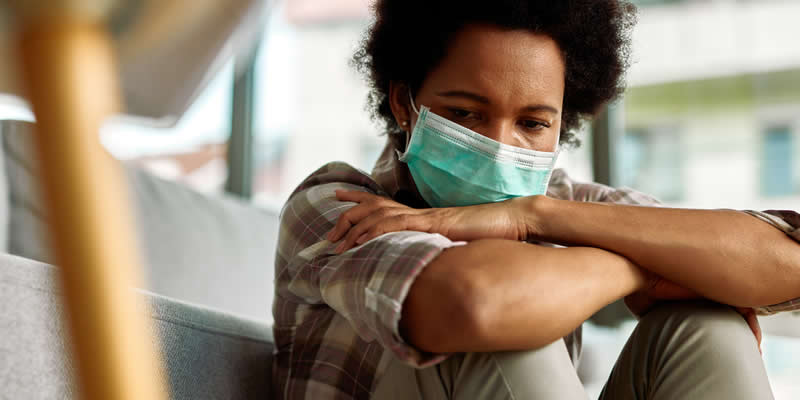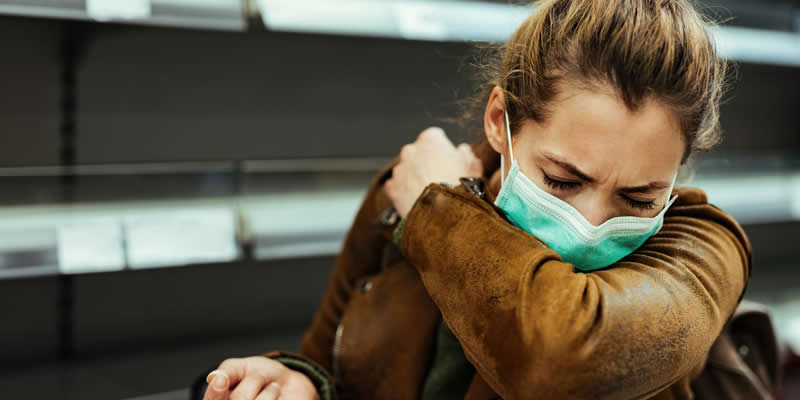Depression and anxiety rates have increased during the COVID-19 pandemic, researchers from Columbia have said.
The team have found that closure of public transportation seemed to cause more of an increase to rates than any other COVID-related closures.
- Feeling unwell after COVID-19 vaccine is ‘completely normal’
- Study launched to explore potential type 1 and COVID-19 link
Lead researcher Dr João Castaldelli-Maia, from the Columbia University Mailman School of Public Health, said: “Our research found an elevated global prevalence of these mental health issues during COVID-19 and also revealed there was a wide variance in each at the region- and country-level.”
The research team used data collected from 60 studies which involved more than 226,000 people from around the world.
They found the global prevalence of both depression and anxiety were 24% and 21% higher, respectively.
Interestingly, Asia had lower levels of anxiety recorded at 18%, compared to other regions of the world at 29%.
Dr Castaldelli-Maia added: “In particular, Asia (most studies came from China) presented lower levels of both anxiety and depression, compared to the other regions of the world. Closure of public transportation increased levels of anxiety, whether it was two weeks or four weeks past the passage of closure enactment, especially in Europe.”
- America changes COVID-19 safety guidelines for vaccinated people
- Black people showing most concern about having COVID-19 vaccine
Dr Silvia Martins, PhD, associate professor of Epidemiology at Columbia Mailman School, and senior author, added: “Our study confirms how critical it is to investigate levels of mental health disorders and the possible impacts of social distancing measures on mental health outcomes.
“Mental health concerns should not be viewed only as a delayed consequence of the COVID-19 pandemic, but also as a concurrent epidemic.”
The study findings have been published in the Psychological Medicine.


